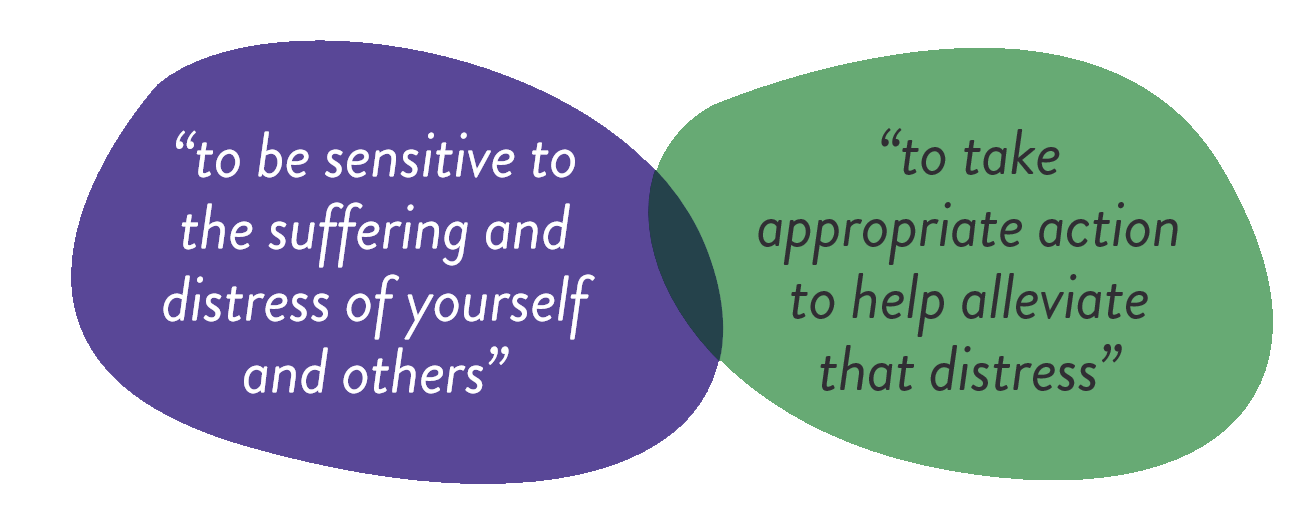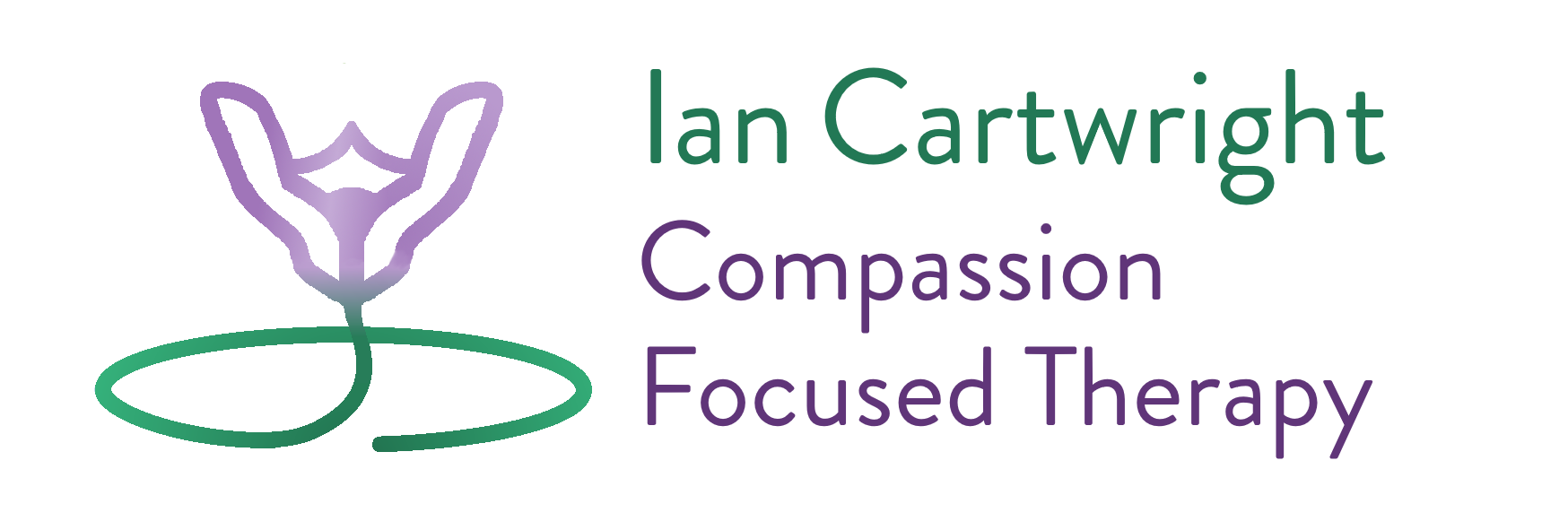
Compassion Focused Therapy helps people to develop a better sense of compassion towards themselves and others. It has been developed to help people who experience high levels of shame and self-criticism.
It helps people make sense of their difficulties by using an evolutionary understanding of human suffering; this means that many of the psychological difficulties that people experience are understood in terms of our innate brain structures and the way we as humans are designed to respond to threats.
Compassion focused therapy, or CFT for short, involves two aspects

Compassion-focused therapy helps people develop a better sense of compassion towards themselves and others. It has been developed to help people who experience burnout, shame and self-criticism.
Compassionate Mind Training helps us understand and work with our tricky brains. It builds our abilities to use our bodies to support our minds and develops the courage and wisdom to address our lives’ difficulties and flourish.
The term ‘Compassion’ can often have some difficult associations for people. People often relate this word to being ‘soft’ or ‘loving’ or to ‘kindness’. Whilst being compassionate to yourself might involve love and kindness, Compassion is about a lot more.
Being truly compassionate to ourselves may also involve the courage to get in touch with emotions such as sadness, rage, anger, grief, fear and anxiety. It is about acknowledging all of our emotions without judgement and deciding how to act on them in a way that feels right for us.
The working definition of Compassion here is:

(Adapted from: Paul Gilbert, 2010, Compassion Focused Therapy: Distinctive Features.)
Send Ian a message today!



